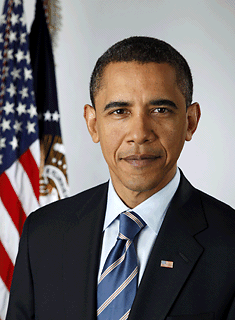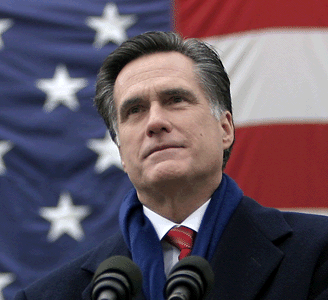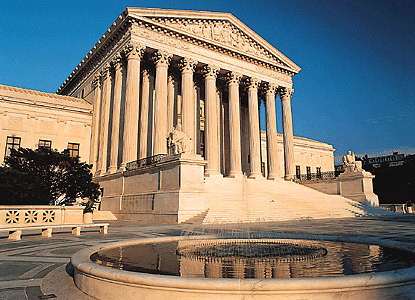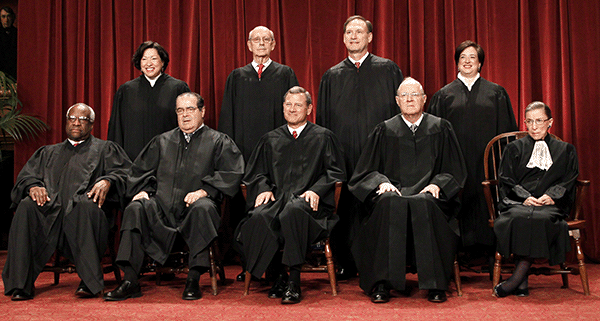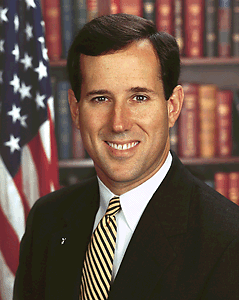The Role of the Electoral College in U.S. Presidential Elections
Tuesday, November 13th, 2012November 13, 2012
Florida’s Secretary of State declared President Barack Obama the winner of the state’s 29 electoral votes on November 10. With nearly 100 percent of the vote counted, Obama took 50 percent of the total, compared with Mitt Romney’s 49.1 percent. The president now has 332 Electoral College votes to Republican Romney’s 206.
The Electoral College is a constitutionally mandated institution consisting of delegates appointed by the states. Delegates cast votes for president and vice president according to who wins the popular vote in their state. A minimum of 270 electoral votes were needed to win the 2012 presidential election. President Obama and Vice President Joe Biden took the Electoral College votes of 26 states and the District of Columbia, a total of 332 electoral votes, giving Obama the presidency. Romney and his running mate, Wisconsin Congressman Paul Ryan, received 206 electoral votes.
The Electoral College is a process, not a place. The Founding Fathers established it in the Constitution as a compromise between the election of the president by a vote in Congress and the election of the president by a popular vote of qualified citizens. The Electoral College consists of 538 electors. The electors are usually people who are dedicated members of a political party. A state’s entitled allotment of electors equals the number of members in its Congressional delegation: one for each member in the House of Representatives plus two for a state’s two senators. Under the 23rd Amendment to the Constitution, the District of Columbia is allocated three electors and treated like a state for purposes of the Electoral College.
Most states have a “winner-take-all” system that awards all electors to the presidential candidate with the greatest popular vote in that state. However, Maine and Nebraska each have a variation of “proportional representation”; that is, the candidate who gets 60 percent of the popular vote is given 60 percent of the Electoral College vote.
Some people regard the Electoral College as a roadblock to real democracy, robbing the popular vote of its importance. Others contend it ensures fairness and keeps states’ power intact.
Although the election of a president who did not win the popular vote is unusual in U.S. history, it is not unique. In 2000, George W. Bush lost the popular vote by about 540,000 votes to former Vice President Al Gore. Bush, however, was declared the winner with 271 electoral votes to Gore’s 266, after a U.S. Supreme Court ruling that resulted in Florida’s then-25 electoral votes being awarded to Bush.
Additional World Book articles:

